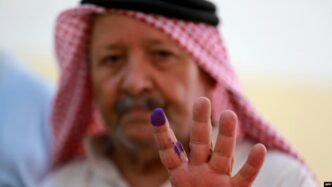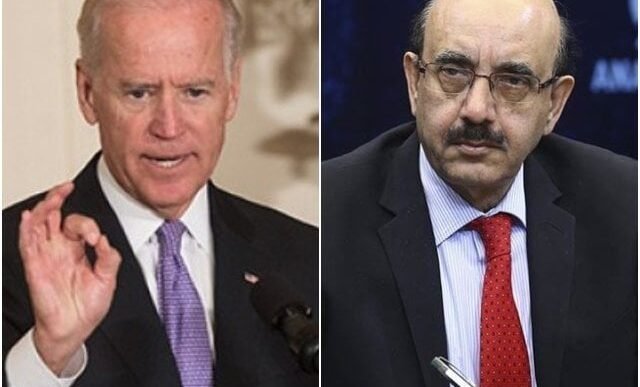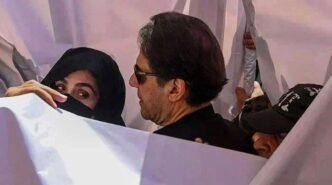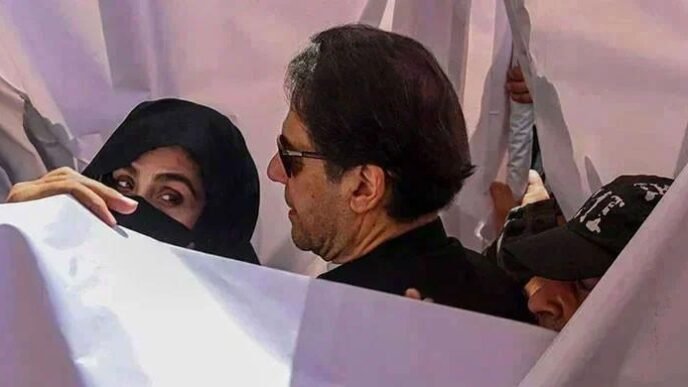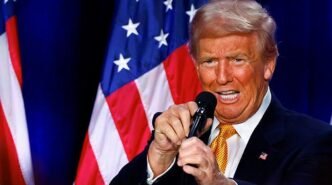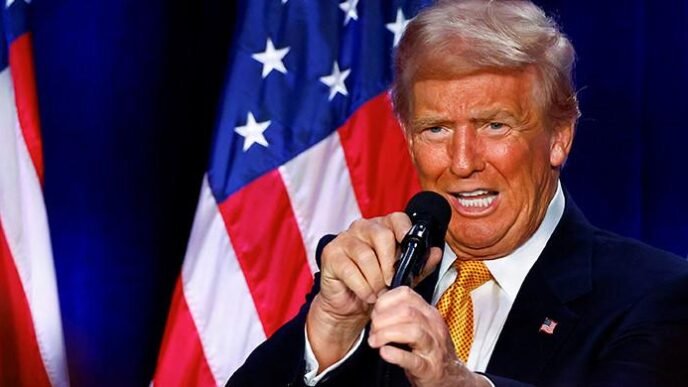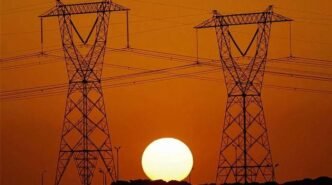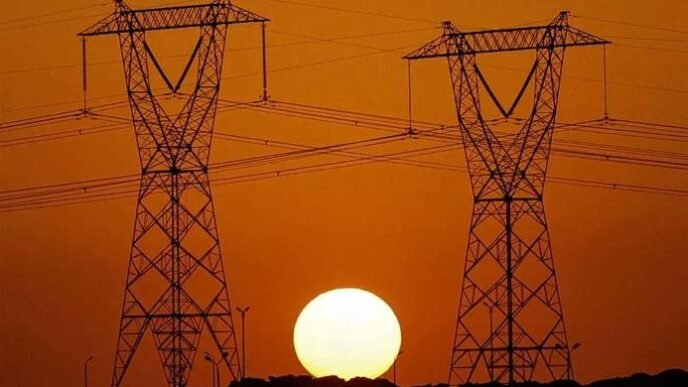AMMAN:
Jordan’s moderate Islamist opposition party made notable advances in Tuesday’s parliament election, according to initial results revealed on Wednesday, buoyed by public discontent over Israel’s war in Gaza.
The Islamist Action Front (IAF) benefitted from a new electoral law designed to enhance the role of political parties in the 138-seat parliament, although tribal and pro-government groups remain dominant. The IAF, the political wing of the Muslim Brotherhood, secured approximately one-fifth of the seats under the revised electoral system, which, for the first time, reserved 41 seats for political parties, according to prelimin data obtained by and confirmed by both independent and official sources.
“The Jordanian people have placed their trust in us by voting for us. This new stage increases the party’s responsibility towards the nation and its citizens,” said Wael al Saqqa, leader of the IAF, in a statement to .
This success marks a turning point for the Islamists, granting them a total of 31 seats — their largest representation since parliament life resumed in 1989, following decades of martial law.
“The election reflects a desire for change, and many voters were not necessarily Islamists but were seeking an alternative, having grown tired of the status quo,” remarked Murad Adailah, head of the Muslim Brotherhood.
The Islamists, Jordan’s only significant grassroots opposition, commended the authorities for refraining from interfering in the election process. Adailah characterised their victory as a “popular referendum” supporting their platform, which includes backing the militant Palestinian group Hamas, their ideological ally, and advocating for the termination of Jordan’s peace treaty with Israel.
In a country where anti-Israel sentiment is widespread, the Islamists have led some of the largest regional protests in support of Hamas, which their opponents claim has boosted their popularity. The election represents a modest step forward in King Abdullah’s efforts to accelerate political reforms and shield Jordan from regional conflicts.
Despite the king’s push for reforms, most power remains with him under Jordan’s constitution, as he retains the authority to appoint governments and dissolve parliament. However, the king hopes the new electoral law will encourage the development of political parties capable of forming majority governments.
The current voting system continues to favour sparsely populated tribal and rural areas over the more densely populated cities, which are dominated by Jordanians of Palestinian descent—areas that are Islamist strongholds and highly politicised.
Turnout in Tuesday’s election, among Jordan’s 5.1 million eligible voters, was low at 32.25%, a slight increase from 29% in the 2020 election.
The Muslim Brotherhood, operating legally in Jordan since 1946, came under suspicion following the Arab Spring, during which Islamist movements challenged established powers in several Arab nations.
